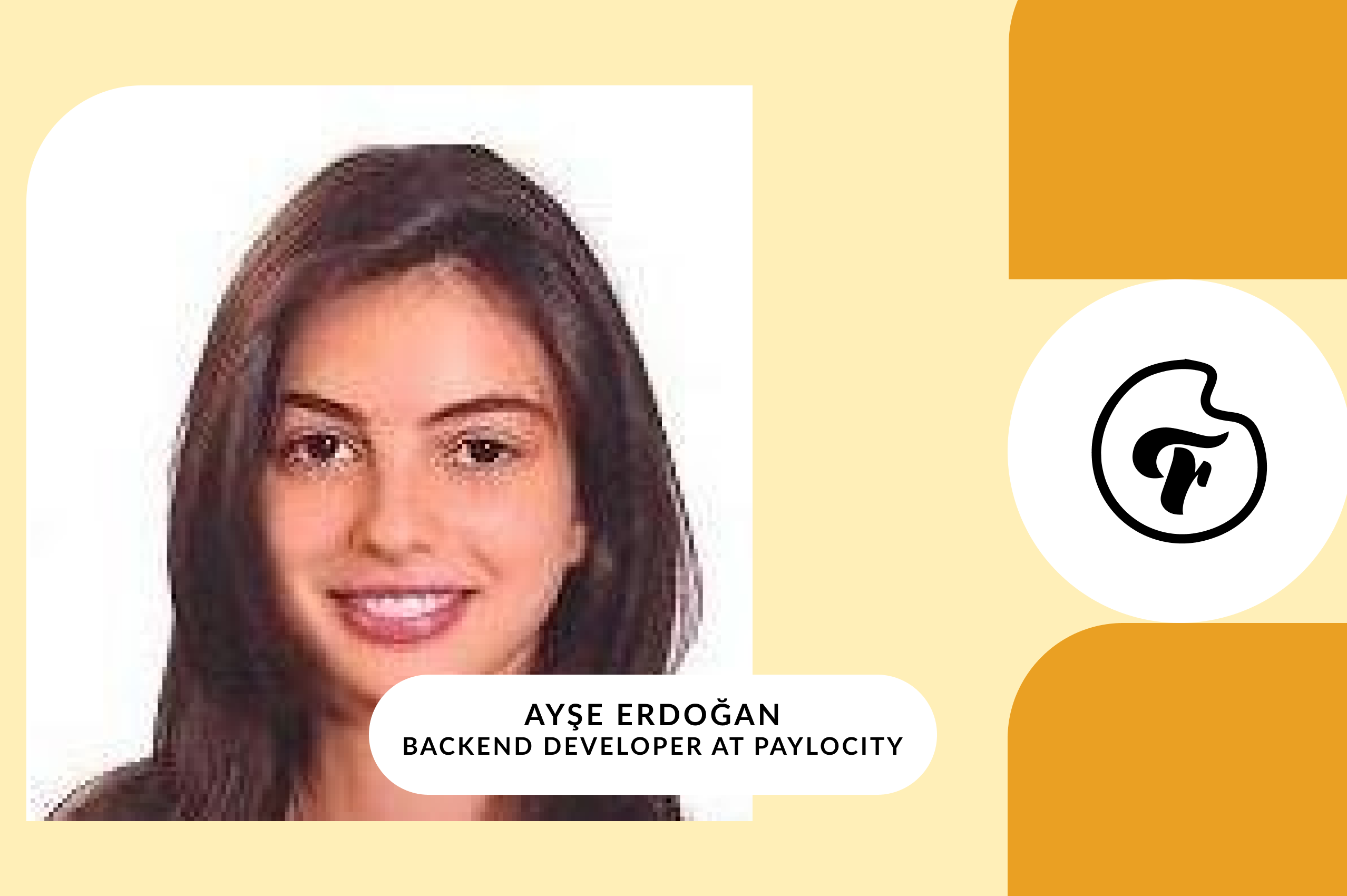
This blog post was created in partnership with H1.cz, and contains paid promotion.
I have been working in the world of digital media for 14 years. That world is characterised by constant change, a ceaseless influx of new developments, inspiring people, interesting projects and numerous challenges. During that time, I have passed through five positions at H1.cz and each of them has pushed me forward and strengthened me tremendously. What is not often mentioned, however, is that growth takes its toll.
Throughout these past 14 years, I have been seeking balance and striving to create for myself and for those around me an environment for growth in which we will not pay too high a price (such as burnout, damaged health, ruined relationships, etc.). And looking back, I would have been very glad to have received these five tips on how to grow but not burn out sooner.
I began my career as an account manager. And as it usually happens: When I proved myself, I was rewarded with more work and more projects. As the projects pile up, you progressively tell yourself: “I’m looking forward to the new project.” – “Sure, I can handle it.” – “Okay, I can do that.” – “If there’s no one else...”. Until you wake up one day and find that you are responsible for 15 projects, you’re spending more than 12 hours a day at work, and yet you’re not doing your job well. At that moment, I understood that I was doing something wrong.
Fortunately, a little was enough: Speak up. My boss and I subsequently came up with a solution. New people were hired and I trained them, and I thus started my career as a manager. A year ago, I discovered a lecture by Hana Ondrušková: How to Set Boundaries and I said to myself: If only I had seen that before I started working.
A few years later, I got a great opportunity to build the UX/Analytics department. I said to myself: “If I could manage 15 projects, I can handle this one.” But I soon stumbled. People are not projects. What worked for project management did not work for managing a team. And I was exhausted and confused. Fortunately, just before I reached my breaking point, I got some honest feedback from my colleagues. It hurt, but I finally understood what I was doing wrong.
I took two months off and sought inspiration for how to be a good leader: in books, in conversations with people, in trainings, in articles. And I continue to do that to this day. After all, being a manager/leader is a skill that we are constantly developing.
The company is growing and its needs have changed. Therefore, the position of client service director was created. The client service director is responsible for all business within the company, account management and strategic project management. At the time, I knew the work of an accountant, had skills associated with managing people, understood working with budgets, and knew many of our clients. Logically, I was the ideal candidate. So I went for it, despite a lack of enthusiasm.
I got pregnant less than a year later and I was actually happy to hand the position over to someone else. After my maternity leave, I had the opportunity to return to it, which logically would have made sense. I said to myself: “I know what I'm getting into, I can handle the position, and it would help the company, as they have been unable to fill the position for several months.” But I went with my intuition and said NO. After less than a month, the ideal candidate turned up in the person of Andrea Krejčí, who is still in management at H1.cz today, and the position of COO was created for me. This lesson taught me that it pays to say NO based only on intuition. Because not everything in life makes logical sense.
The COO position was exactly right for me: I enjoyed pushing products, setting up processes, overcoming challenges with clients and finding ways for departments to collaborate. Except: The higher you climb, the more problems you see. And those problems are often more complex than they first appear to be. And I wanted to solve all them at once. I threw myself into everything: I unified the recruitment processes and set up a training process, and I wanted to finalise the whole process of cooperating with clients and much more. Except: Before I could get one thing done, another was rolling in. Day-to-day operations got added in and I wound up not finishing anything.
At that time, I got some great advice that I still follow to this day: If you don’t have three priorities, you don’t have any. We picked three points to focus on, discussed with the team where the main problem was, proposed solutions, applied them in practice on a smaller team, rolled them out to the company and checked whether they worked. When all of those steps had been implemented, we selected others. I delegated some of the changes to my colleagues, and some problems resolved themselves in the meantime.
Only when you do not try to resolve everything by yourself, you find out how incredibly fast you can push your company forward.
I am one of those people who have a tendency to be 150% prepared. So, when our great boss Filip Kahoun left, I didn’t show any interested in the CEO position. I told myself that I wasn’t ready and I still had a lot to learn. But fate had other ideas and I took the position in January 2020. After three months, I had recovered from the initial shock of being in this new role and...COVID came. It was such a ride that I even wrote an article about it on blog.h1.cz, Company Management in a Time of Crisis, to make myself feel better.
In retrospect, I know that there is no chance to prepare yourself for everything until you jump into the situation/project. And then it requires having “emergency brakes” in case you grow too fast or find yourself going in the wrong direction.
All of these life situations were painful and none of them was easy. But they taught me one thing: It is important to know who you are, to share your experience, to be open, and to look for new solutions and new ways of doing things. This is aided by discussions with colleagues, with people in the same/similar positions, books, podcasts and even trainings in soft skills as well as in professional/industry skills, such as those that we conduct at H1.cz. Life is too short to learn only from our mistakes, and I believe that growth is possible in a safe environment.


